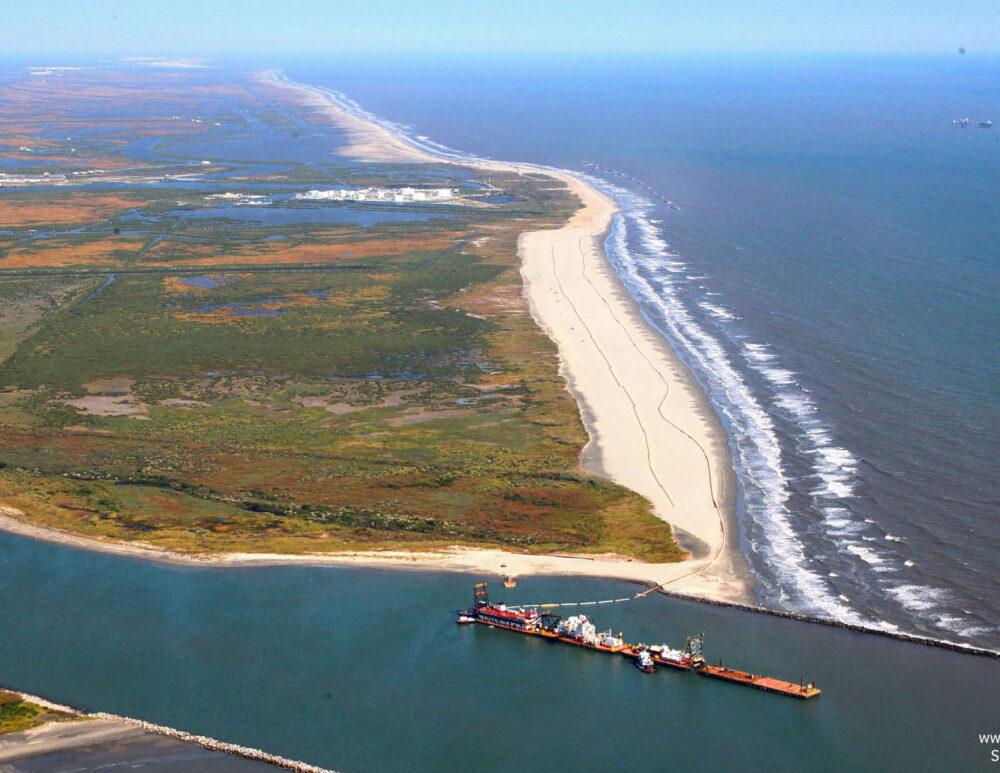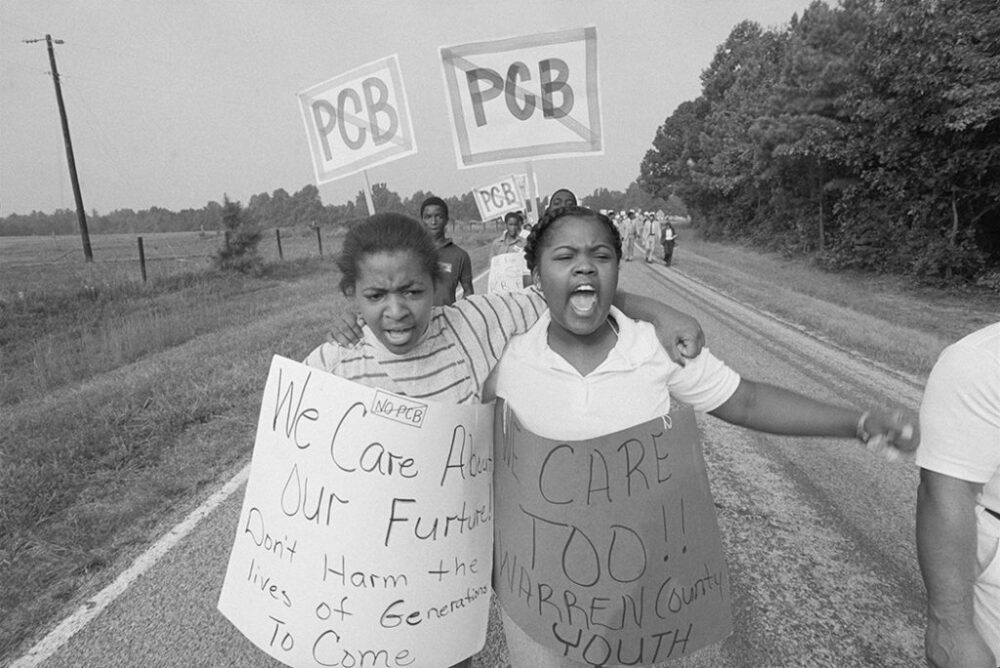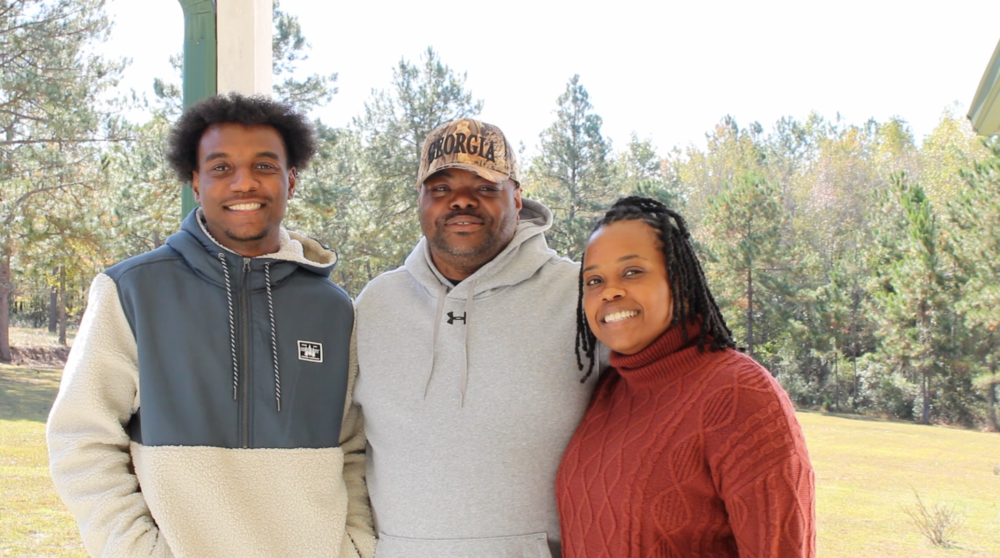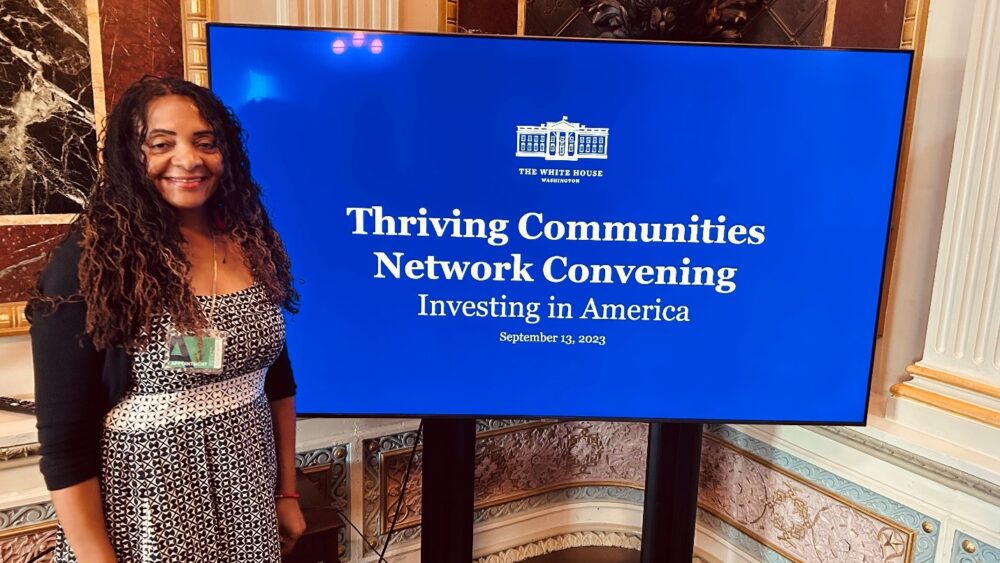We have much more to do and your continued support is needed now more than ever.
The $12 Million EPA Region 3 Thriving Communities Technical Assistance Grant Award
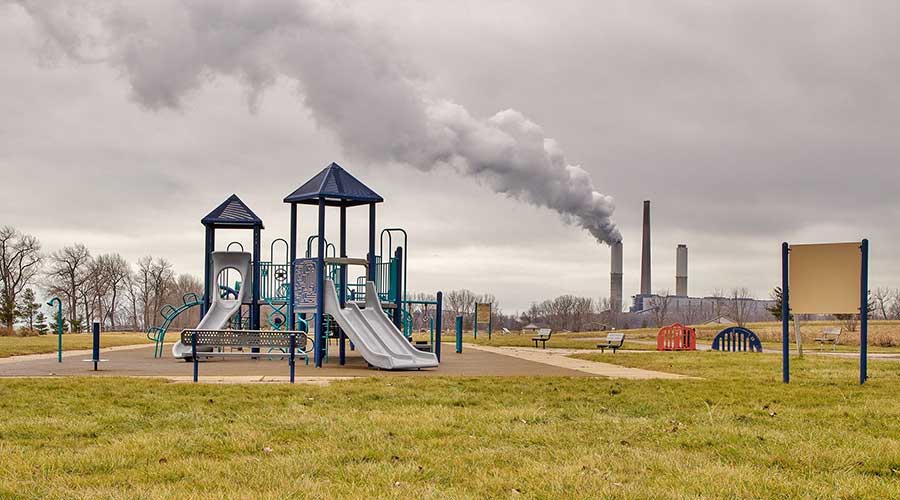
I began working at the National Wildlife Federation (NWF) as the Vice President of Environmental Justice, Climate and Community Revitalization (EJHCR) on July 25, 2022. A week later on August 5, the Environmental Protection Agency (US EPA), in partnership with the Department of Energy, released a Request for Proposals (RFP) for the creation of Thriving Communities Technical Assistance Centers (TCTAC) around the country, and proposals were due on November 1, 2022.
Then, in September 2022, the total funding in the RFP was increased from $50 million to $100 million. And while the EPA and DOE still planned to fund 5-10 awards, the funding level for each award was increased up to approximately $10 million. In addition, the grant period was also increased, from three years to five years. The first month of my employment with NWF seemed to take off at warp speed.
A Whirlwind of Activity
During the three months that followed, our intense work to craft a community-led and community-driven proposal that would allow us to create a Mid-Atlantic Thriving Communities Hub (MATCH) in US EPA Region 3 (DE, DC, MD, PA, VA, WV) began in earnest. That work was led by Dr. Sacoby Wilson, Director, Center for Community Engagement, Environmental Justice and Health (CEEJH). After a great deal of planning, crafting, discussing, and negotiating by all parties, we submitted our proposal ahead of the November 1st deadline. My head was reeling from the intense and intensive work we all put into the proposal.
I thought that the pace would slow down substantially and that I could finally turn my undivided attention to NWF’s internal Environmental Justice program, but I was wrong. During our “down time” we continued to work and shape this program. We also prepared to apply for additional funding as the opportunities became available. After a too-short respite, in April 2023, EPA informed our team that we were selected as the EPA Region 3 TCTAC for $10 million!
While still digesting THAT news, we were then informed that EPA’s Office of Environmental Justice and External Civil Rights (OEJCR) decided to add $2 million to our grant, for a total of $12 million! EPA informed us that the extra funds were to be used to “do more of what has been proposed in the workplan, such as developing more community-based “hubs” delivering technical assistance locally and engaging more communities annually.
The additional funding will also provide additional support for community “hubs” and substantive outreach and delivery of technical assistance to rural and remote communities in the larger states of Region 3 (Pennsylvania, Virginia, and West Virginia). Additionally, the higher funding amount will strengthen current partnerships and support additional partnerships over the 5-year project period. These partnerships will create additional community hubs which is a “within scope” activity.
Who and What Is Region 3 TCTAC?
The core members of the Region 3 TCTAC include Co-Directors Dr. Sacoby Wilson, CEEJH Founder and Director, and UMD Professor, and Dr. Adrienne Hollis, Vice President, EJHCR, NWF, and the University of Maryland’s Environmental Finance Center (UMD EFC). The Climate and Energy team will provide specific training and the Choose Clean Water Coalition will assist with community outreach and engagement. Through our Region 3 TCTAC, we are working closely with multiple community-based organizations and leaders as core partners selected due to their experience and expertise in environmental and energy justice work.
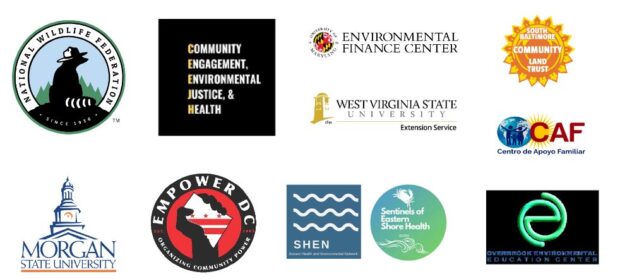
Using a ‘hub’ approach, the core partners act as ‘core hubs’, and the community-based ‘hubs’ will allow for service delivery to be more accessible to potential program participants, both geographically as well as culturally, due to their on-the-ground community presence. Our community-based hubs include Centro De Apoyo Familiar (CAF) (Prince Georges County, MD/Latinx-focused), Empower DC (Washington, DC), Overbrook Environmental Education Center (Metro Philadelphia, PA), and Sussex Health & Environmental Network/Sentinels of Eastern Shore Health (SHEN/SESH) (Eastern Shore, MD and Southern Delaware) and South Baltimore Community Land Trust (SBCLT) (Metro Baltimore, MD). Morgan State University (MSU) is the primary and coordinating Historically Black Colleges and Universities (HBCU) hub and West Virginia State University (WVSU) is a hybrid community and HBCU hub.
The Region 3 TCTAC has four primary objectives:
- Outreach and Engagement to underserved, overburdened, rural, and capacity constrained communities to receive technical assistance.
- Capacity-building for environmental and energy justice assessment.
- Capacity-building and direct assistance in grant writing techniques and financing.
- Capacity-Building and direct assistance in engaging policy-makers, government, business, and industry in decision-making to address environmental and energy injustices.
In addition to addressing some injustices we have identified as we develop and prepare to stand up our program, we are in the process of identifying additional hubs in West Virginia, Virginia, and Pittsburgh, PA. We are also increasing staff, not only at NWF, but at UMD. In addition, the hub partners are also working to increase their capacity. Finally, we are in the process of identifying spokespersons and identifying a contact person for all inquiries related to the TCTAC.
We have also set up a Region 3 Resource line with a 202 number (202-792-5350) for use by organizations or entities interested in providing pro bono services to communities. When organizations call the number, they will be immediately directed away from the main menu to a separate menu where they can provide contact information, including the organization’s name, location, telephone number, services available, work focus areas and communities they are engaged with in their work. We also have a 1-800 number (1-800-757-1405) that is reserved specifically for community organizations that require technical assistance services.
What’s Next for Region 3 TCTAC
I am excited about what we have managed to accomplish in the four months since we received our $12 million award letter. You will learn more about that soon, as this blog is the first in a series of blogs. The series will introduce the Region 3 TCTAC team and tell you a little about our project. The next blog will highlight some major activities we engaged in this year, that we believe have positioned us for a successful project. We will also have blogs that share insight from partners, among other topics.
In the meantime, if you want to learn a little more about the program, we invite you to visit our temporary website.















